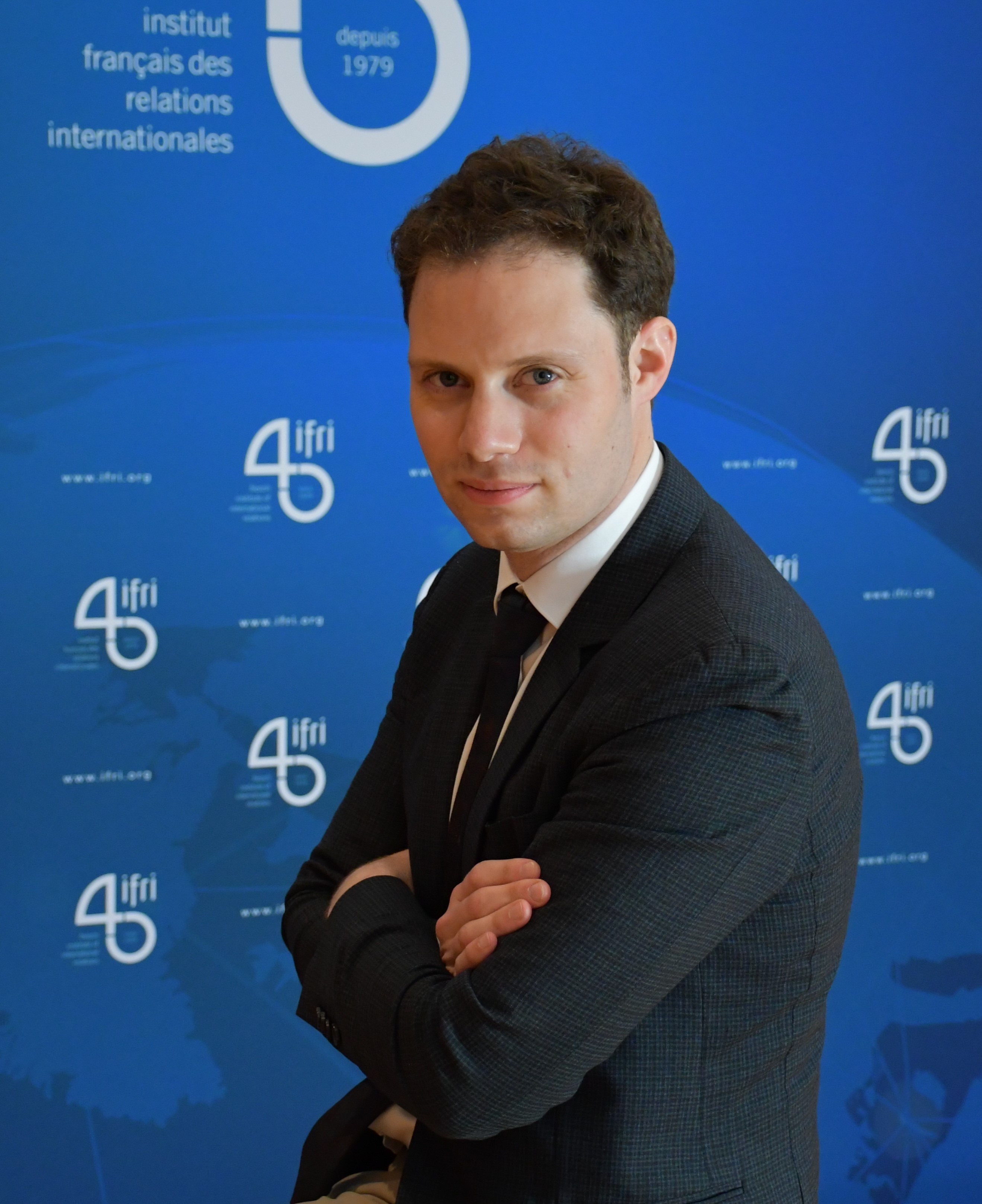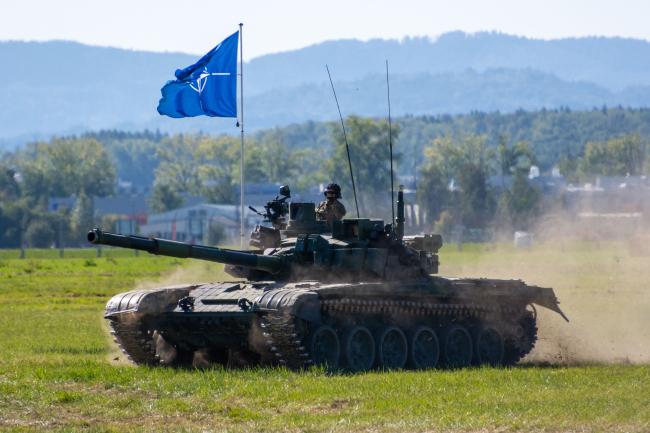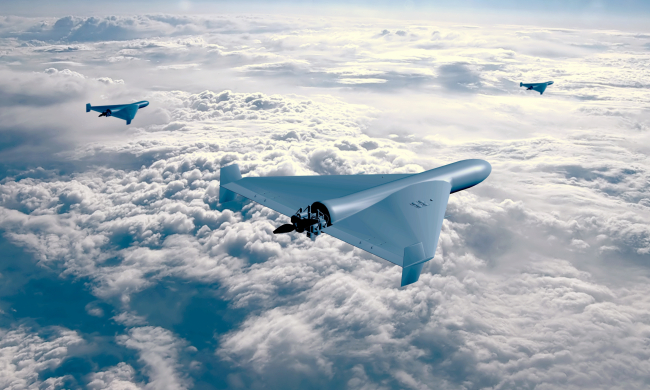A Transatlantic Defense Industrial Base? Two Contrasting Views

The evolving landscape of global defense cooperation has brought the transatlantic relationship between the United States (US) and Europe into sharp focus. As geopolitical tensions rise and the threat environment becomes more complex, the question of how Europe can best ensure its security while navigating its relationship with the United States has become paramount. This double feature report offers two contrasting views on the dynamics of US-Europe defense industrial relations, highlighting the challenges and opportunities that lie ahead for both parties.

The evolving landscape of global defense cooperation has brought the transatlantic relationship between the United States (US) and Europe into sharp focus. As geopolitical tensions rise and the threat environment becomes more complex, the question of how Europe can best ensure its security while navigating its relationship with the United States has become paramount. This double feature report offers two contrasting views on the dynamics of US-Europe defense industrial relations, highlighting the challenges and opportunities that lie ahead for both parties.
The first text, authored by Jonathan Caverley and Ethan Kapstein, presents a perspective that underscores the limitations of European strategic autonomy in defense. They argue that despite increased defense spending and initiatives like the Draghi Report, Europe remains heavily reliant on the United States for advanced military technology and industrial capabilities. They suggest that Europe should accept a junior partner status within the transatlantic alliance, leveraging US technological superiority to bolster its own defense capabilities. This approach, they contend, would allow Europe to benefit from the most advanced defense systems while acknowledging the economic and industrial realities that constrain its ability to achieve full autonomy.
In the second text, Élie Tenenbaum and Léo Péria-Peigné challenge the overly pessimistic narratives surrounding the European defense industry. They highlight the successes and technological advancements of European defense firms, arguing that Europe has the potential to be a significant player in the global defense market. Tenenbaum and Péria-Peigné question the reliability of US defense supplies, citing concerns over production delays, operational limitations, and stringent export controls. They advocate for a more balanced transatlantic partnership, where Europe can assert its industrial capabilities and strategic autonomy while still cooperating with the United States.
Together, these two texts, respectively written by American and European researchers, weigh on an increasingly heightened debate surrounding transatlantic defense cooperation. They explore the tensions between the need for European strategic autonomy and the benefits of leveraging US technological and industrial strengths. As Europe grapples with the challenges of ensuring its security in an increasingly uncertain world, these perspectives offer valuable insights into the future of defense industrial relations between the United States and Europe.

Available in:
Themes and regions
ISBN / ISSN
Share
Download the full analysis
This page contains only a summary of our work. If you would like to have access to all the information from our research on the subject, you can download the full version in PDF format.
A Transatlantic Defense Industrial Base? Two Contrasting Views
Related centers and programs
Discover our other research centers and programsFind out more
Discover all our analysesBundeswehr: From Zeitenwende (historic turning point) to Epochenbruch (epochal shift)
The Zeitenwende (historic turning point) announced by Olaf Scholz on February 27, 2022, is shifting into high gear. Financially supported by the March 2025 reform of Germany’s “debt break” and backed by a broad political and societal consensus to strengthen and modernize the Bundeswehr, Germany's military capabilities are set to rapidly increase over the coming years. Expected to assume a central role in the defense of the European continent in the context of changing transatlantic relations, Berlin’s military-political position on the continent is being radically transformed.
Main Battle Tank: Obsolescence or Renaissance?
Since February 2022, Russian and Ukrainian forces combined have lost more than 5,000 battle tanks, a much higher volume than all the European armor combined. Spearhead of the Soviet doctrine from which the two belligerents came, tanks were deployed in large numbers from the first day and proved to be a prime target for UAVs that became more numerous and efficient over the months. The large number of UAV strike videos against tanks has also led a certain number of observers to conclude, once again, that armor is obsolete on a modern battlefield. This approach must, however, be nuanced by a deeper study of the losses and their origin, UAVs rarely being the sole origin of the loss itself, often caused by a combination of factors such as mines, artillery or other anti-tank weapons.
Mapping the MilTech War: Eight Lessons from Ukraine’s Battlefield
This report maps out the evolution of key technologies that have emerged or developed in the last 4 years of the war in Ukraine. Its goal is to derive the lessons the North Atlantic Treaty Organization (NATO) could learn to strengthen its defensive capabilities and prepare for modern war, which is large-scale and conventional in nature.
"Iron Swords" A Military Analysis of Israel's War in Gaza
On October 7, 2023, Hamas' attack, dubbed “Al-Aqsa Flood,” caused a major shock and led Israel to launch the longest war in its history. Operation “Iron Swords” was notable for its unprecedented intensity, both in terms of the massive ground forces deployed and the firepower used.
















